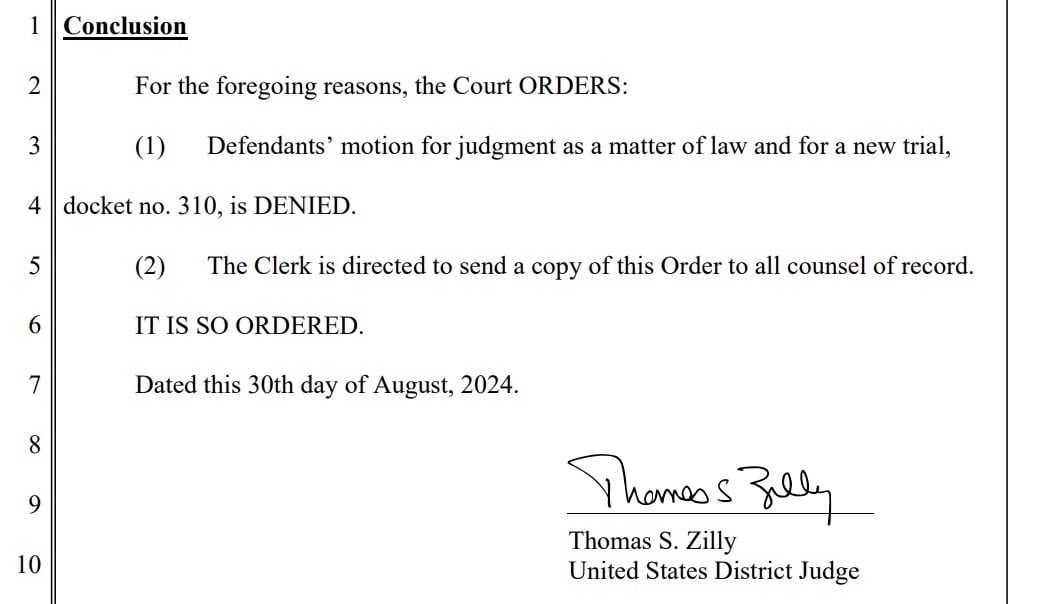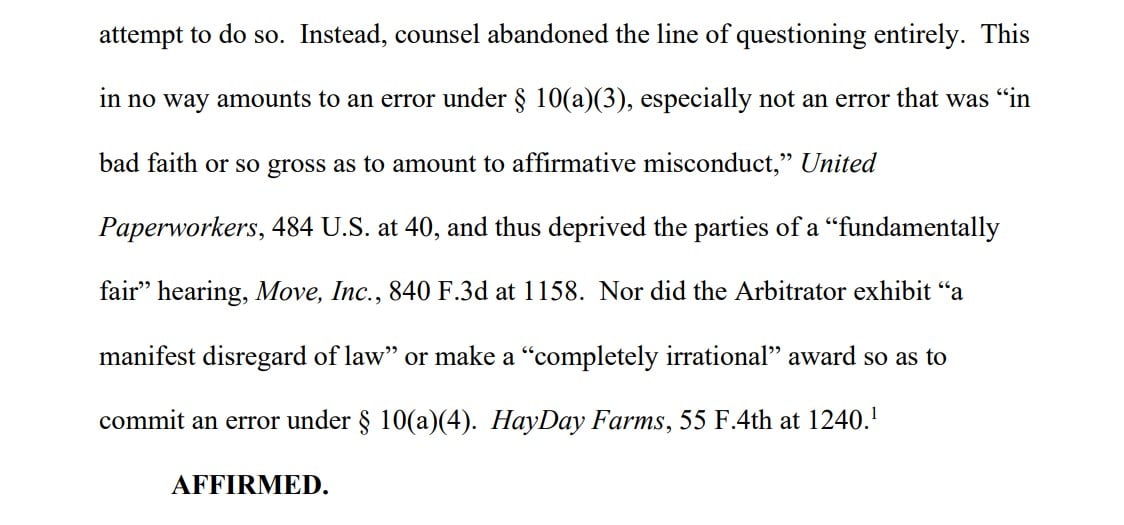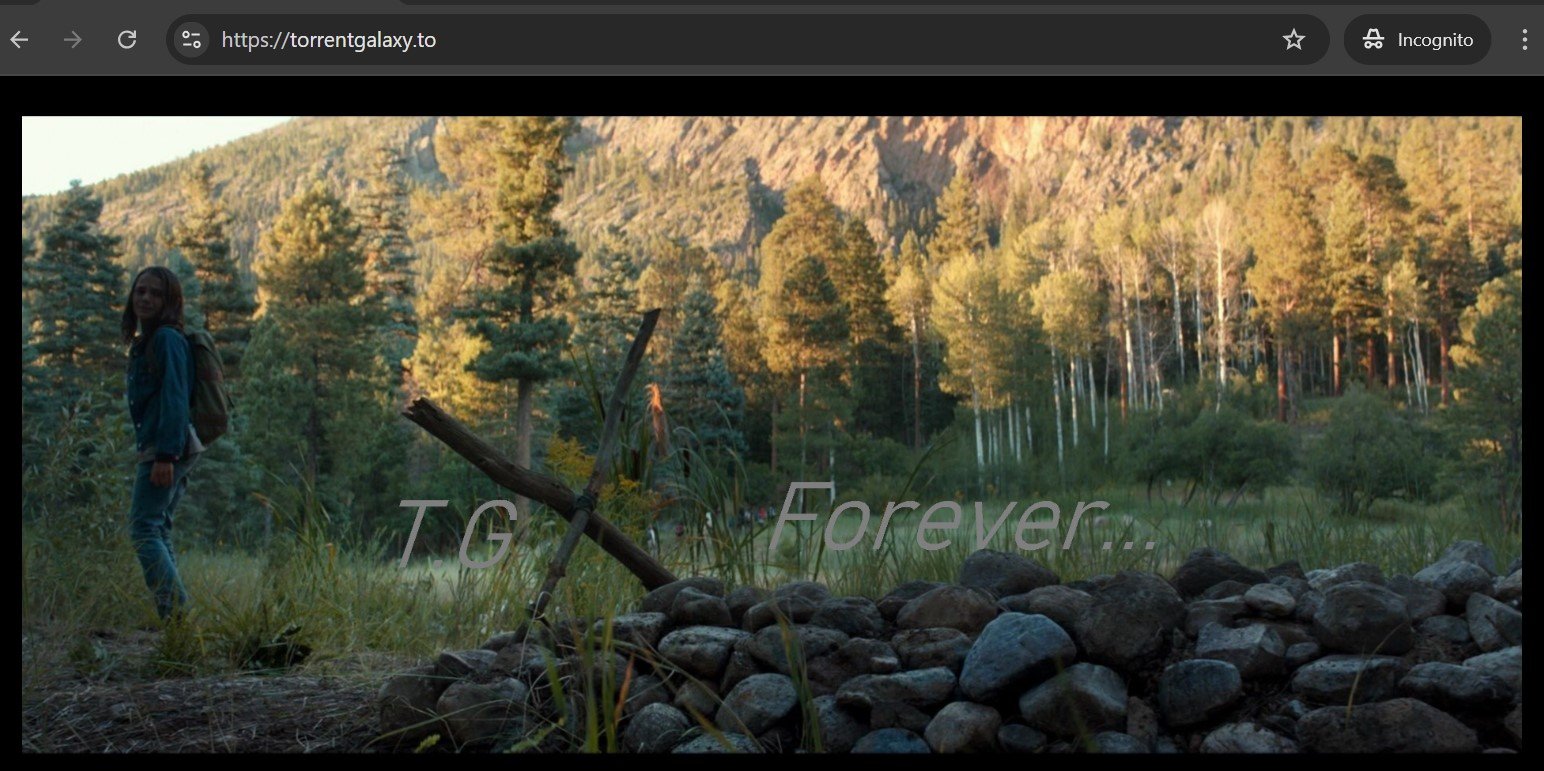-
chevron_right
Court Denies Cheat Seller AimJunkies a New Trial, Affirms Bungie’s $4.3m Win
news.movim.eu / TorrentFreak · Monday, 2 September, 2024 - 10:29 · 4 minutes
 Three years ago,
Bungie
filed a
complaint
at a federal court in Seattle, accusing Destiny 2 cheat seller
AimJunkies.com
of copyright and trademark infringement, among other things.
Three years ago,
Bungie
filed a
complaint
at a federal court in Seattle, accusing Destiny 2 cheat seller
AimJunkies.com
of copyright and trademark infringement, among other things.
The same accusations were also leveled against Phoenix Digital Group, the operating company behind the website, and third-party developer James May.
Bungie Wins Landmark Trial
After years of legal back-and-forth, the case went to trial in May, where both sides presented their arguments. AimJunkies, in particular, emphasized that the defendants never accessed or modified any of Destiny 2’s copyrighted game code.
Bungie, on the other hand, argued that AimJunkies’ copyright-infringing activities were blatant and obvious. At the end of the trial, the Seattle jury ruled in favor of the video game company.
After the hearings concluded, the jury found all defendants liable for direct, vicarious, and contributory copyright infringement. Phoenix Digital Group and all individual defendants were ordered to pay damages equivalent to the actual profits they earned, a total of $63,210 .
Court Denies AimJunkies a New Trial
The jury verdict was a clear victory for Bungie, but it didn’t mark the end of the legal battle. AimJunkies had previously filed a motion for judgment as a matter of law, contending that it was evident they hadn’t infringed on Destiny 2’s copyrights.
The district court was therefore asked to overrule the jury’s decision and enter a new verdict. Alternatively, the court could order a new trial, offering AimJunkies another chance to defeat Bungie.
Last week, United States District Judge Thomas Zilly denied the request for a do-over. Judgment as a matter of law may be granted if the evidence only allows for one reasonable conclusion , which runs contrary to the jury’s verdict. That’s not the case here.
Judge Zilly writes that Bungie was required to prove that it owned the copyrights and that these were infringed by AimJunkies. The presented evidence supports that, he concludes.
“[A]t trial Bungie needed only to establish that the ‘Cheat Software’ distributed by Defendants had copied protected aspects of Destiny 2. Bungie could show that Defendants copied protected aspects of Destiny 2 with either direct or circumstantial evidence of copying. Both types of evidence were presented at trial.”
For example, both Bungie and AimJunkies agreed that the cheat software affected the audiovisual output of Destiny 2. That alone, is sufficient to support the jury’s verdict that defendants engaged in copyright infringement.

$4.3 Million Arbitration Award
Before the trial took place, several of the claims presented in the lawsuit had already been resolved by an arbitrator. The arbitration process was conducted behind the scenes and resulted in a resounding win for the game developer. Bungie was awarded almost $4.4 million in damages and fees.
The bulk of the award was DMCA-related damages. According to arbitration Judge Ronald Cox, the evidence made it clear that AimJunkies and third-party developer James May bypassed Bungie’s technical protection measures in violation of the DMCA.
In addition to breaching the DMCA’s anti-circumvention provisions, the defendants were also found liable for trafficking in circumvention devices. Or, put differently, selling and shipping the cheats.
The AimJunkies defendants were disappointed in the arbitration outcome and decided to challenge it at the court of appeal . According to the cheat sellers, the arbitration process was not fair and correct.
The arbitrator relied heavily on evidence from Bungie’s witness, Dr. Kaiser, and denied cross-examination of the same witness, the defendants argued. This prevented AimJunkies from challenging the credibility of this key witness.
Appeals Court Denies AimJunkies’ Arbitration Appeal
Last week, the Ninth Circuit Court denied AimJunkies’ appeal. The court found that the district court did not err in confirming the $4.3 million arbitration award, concluding that the arbitrator didn’t prevent the defendants from challenging the witness.
“The Arbitrator did not entirely dismiss AimJunkies’ attempt or ability to impeach Dr. Kaiser,” Judges Nguyen, Johnstone and Ezra concluded
“For example, AimJunkies’ counsel could have tried to rephrase its question, question Dr. Kaiser about his transcripts, or read Dr. Kaiser’s transcripts into the record to impeach Dr. Kaiser. AimJunkies’ counsel did not attempt to do so.
“Instead, counsel abandoned the line of questioning entirely. This in no way amounts to an error […], especially not an error that was ‘in bad faith or so gross as to amount to affirmative misconduct’ […] and thus deprived the parties of a ‘fundamentally fair’ hearing.”
The arbitrator did not show “a manifest disregard” of law, no clear errors were made, and the scale of the award was not “completely irrational.”
As a result, the court of appeal affirmed the $4.3 million arbitration award.

As a result, Bungie emerges the clear winner once again. AimJunkies won’t get a new trial and the arbitration award, which was previously put on hold pending the appeal, can now be collected.
While there may still be further challenges ahead, AimJunkies’ outlook is ever more grim.
—
A copy of the Seattle District Court’s order is available
here (pdf)
. The order from the Ninth Circuit Court of Appeals can be found
here (pdf)
.
From: TF , for the latest news on copyright battles, piracy and more.





 In little over five years, TorrentGalaxy has grown out to become a
In little over five years, TorrentGalaxy has grown out to become a


 With millions of visits per month, pirate sports streaming site Streameast is a fan favorite among many sports aficionados.
With millions of visits per month, pirate sports streaming site Streameast is a fan favorite among many sports aficionados.



 Pirate sites tend to come and go but in recent months, significant shutdowns have been more frequent than usual.
Pirate sites tend to come and go but in recent months, significant shutdowns have been more frequent than usual.





 Those who follow mainstream tabloid media in the UK and Ireland
Those who follow mainstream tabloid media in the UK and Ireland


